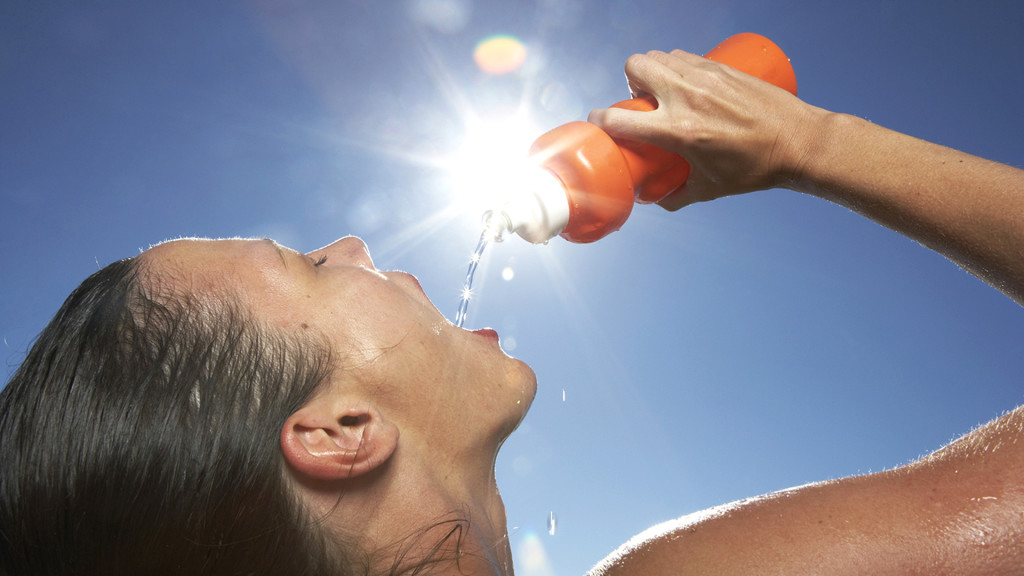It’s a question many runners have faced mid-race: should I stop? The thought of pulling out can cross any runner’s mind when the day isn’t going as planned, whether you’re leading the pack or you’re dead last. After all, you’ve put in the time and effort to reach the start line, and even if training suggests you’re in great shape, pushing through to the finish can be a challenge. While persevering is often the right choice, there are times when stepping off the course might be the wisest decision. Here’s a look at when you should consider the dreaded DNF.
Injury or pain beyond discomfort
It’s one thing to feel the familiar aches that come with pushing your limits, but it’s another to feel a sharp, shooting pain that signals a potential injury. If you experience pain that worsens with each step, it could be a sign of a stress fracture, muscle tear or joint damage. Ignoring these signs can turn a minor injury into a serious one, potentially keeping you off your feet for the long term.

Common injuries like IT band syndrome or Achilles tendinitis can worsen if you push through them. If the pain alters your gait or you find yourself limping, it’s time to listen to your body and consider calling it a day. It’s better to miss one race than to be sidelined for a whole season.
Dehydration or heat exhaustion
Races that are held in the middle of the summer come with the risk of dehydration or heatstroke. While sweating and feeling thirsty are normal during endurance events, certain symptoms indicate that your body is struggling to keep up. Dizziness, confusion and cramping are all signs of dehydration. In more severe cases, you may experience chills, even in warm weather—a sign of potential heat exhaustion.
Here’s a sweat rate calculator to help you master your hydration game
If you feel disoriented or experience a sudden drop in energy levels that doesn’t improve after slowing down and hydrating, you should seek medical attention. Continuing in such a state can lead to serious complications or even death. Hydration is critical, but sometimes, even the most prepared runners can find themselves in a situation where stopping is the safest option.

Gastrointestinal distress
GI issues are not uncommon, especially during longer marathons and ultras, where the stress on the body is higher and you must consume nutrition. If you’re dealing with an upset stomach, nausea or diarrhea, you might be able to push through, depending on the severity. However, if the discomfort is unbearable or you’re unable to keep fluids down, it’s wise to pull back and locate a porta-potty to take care of the issue.

